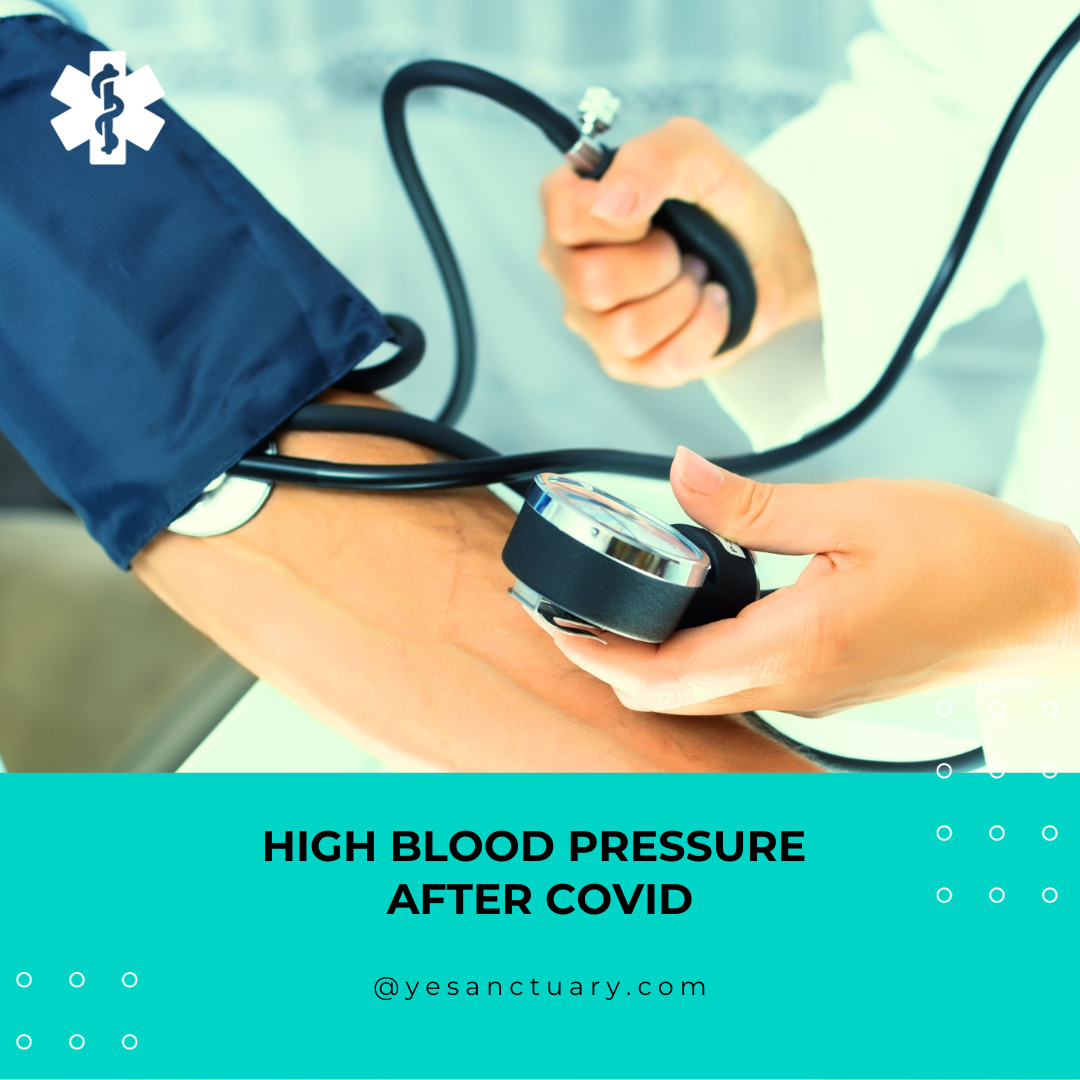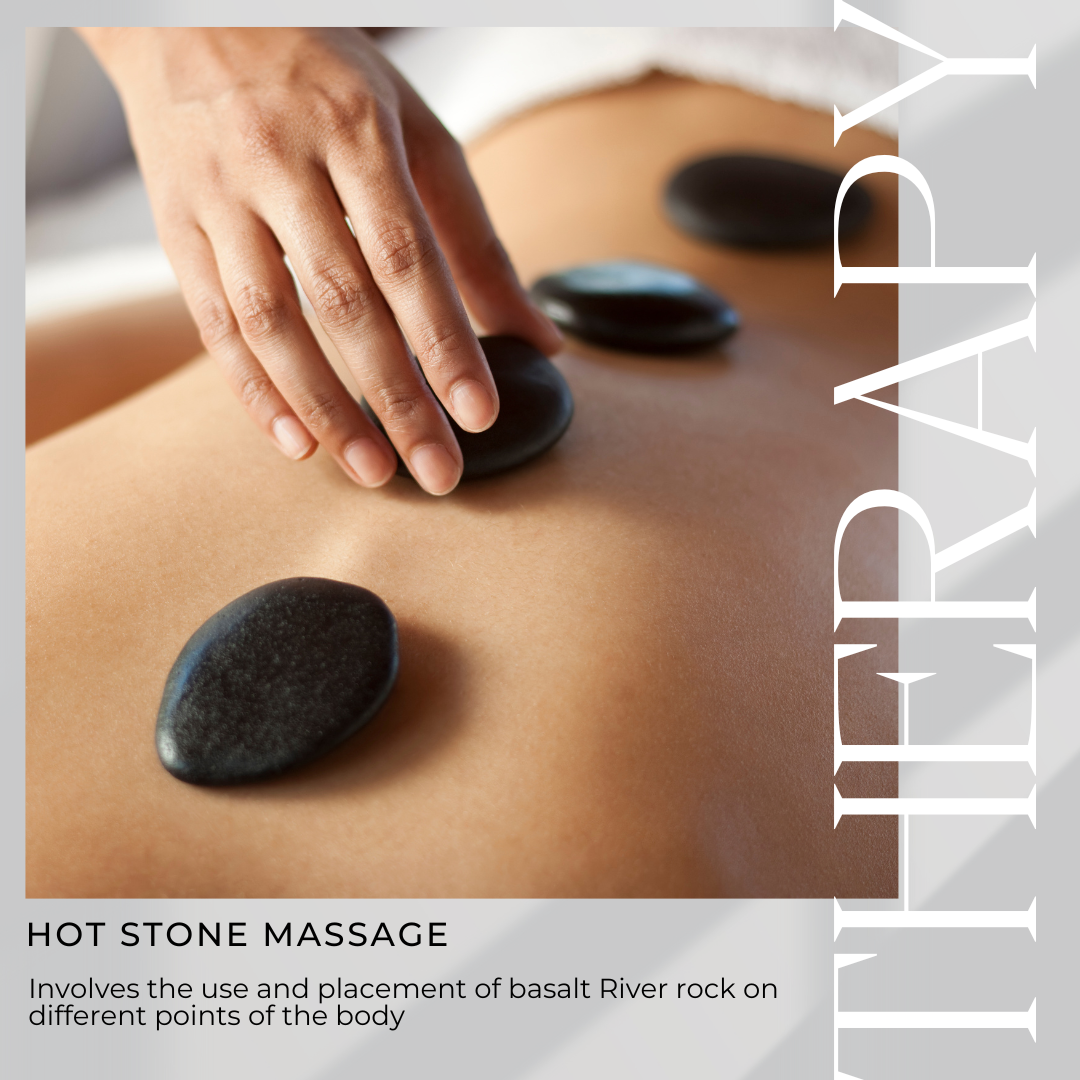Your shopping bag is empty
High Blood Pressure And Covid
- Posted by: Enquiry Admin
- Comments: 0
- Categories: Health
The COVID-19 pandemic has significantly reshaped our perspectives on health, particularly in the context of pre-existing conditions. Among these, high blood pressure has emerged as a critical factor influencing the severity and outcomes of COVID-19 infections. Hence, we will explore the intricate relationship between COVID-19 and high blood pressure, shedding light on the risks, management strategies, and the crucial role of ideal nutrition, proper hydration, and meditation in promoting overall well-being during these challenging times.
Understanding the Interplay Between COVID-19 and High Blood Pressure
COVID-19, caused by the SARS-CoV-2 virus, primarily targets the respiratory system. It leads to symptoms ranging from mild respiratory distress to severe pneumonia. Also, recent research has underscored the significance of pre-existing conditions in shaping the course of COVID-19. Hypertension is emerging as a noteworthy contributor to adverse outcomes1. The virus appears to exploit the vulnerabilities associated with high blood pressure, intensifying the impact on the cardiovascular system and complicating the overall disease trajectory.
There is evidence suggesting that COVID-19 can potentially contribute to the development or exacerbation of hypertension in some individuals. While hypertension is not typically listed as one of the primary symptoms of COVID-19, the virus can lead to various complications that might indirectly affect blood pressure.
Hypertension Triggered by COVID-19
-
Stress and Illness: Severe illness, such as that caused by COVID-19, can place significant stress on the body. Stress, whether physical or emotional, can potentially elevate blood pressure in individuals, particularly those who already have a predisposition to hypertension. The body's response to fighting off an infection, coupled with the stress of the illness, might temporarily increase blood pressure levels.
-
Organ Damage: COVID-19 can cause damage to multiple organs, including the lungs, heart, kidneys, and blood vessels. If the virus affects these organs, it can potentially lead to complications that impact blood pressure regulation. For instance, damage to blood vessels or kidney dysfunction may contribute to hypertension.
-
Inflammation: COVID-19 triggers an inflammatory response in the body. Persistent inflammation is associated with various health issues, including cardiovascular problems. Chronic inflammation can impact blood vessel function and contribute to high blood pressure over time.
-
Medication and Hospitalization: Certain medications used in the treatment of COVID-19, such as corticosteroids, might temporarily elevate blood pressure. Moreover, hospitalized patients with severe COVID-19 might experience stress-related spikes in blood pressure. This is mainly due to the critical nature of their condition and the body's response to the illness.
It's important to note that while COVID-19 might influence blood pressure, the extent of this impact can vary among individuals. Not everyone who contracts COVID-19 will experience changes in blood pressure. In fact, those with well-managed hypertension might not notice significant alterations.
If you have concerns about how COVID-19 might affect your blood pressure or if you've noticed changes in your health, it's advisable to consult healthcare professionals for personalized guidance and monitoring. Additionally, following preventive measures, maintaining a healthy lifestyle, and managing stress can contribute to overall well-being, potentially aiding in blood pressure control, especially during the pandemic.
Impact of High Blood Pressure on COVID-19 Outcomes
Studies have consistently demonstrated a correlation between hypertension and heightened susceptibility to severe COVID-19 manifestations2. Individuals with high blood pressure often face a more challenging battle against the virus, with increased risks of respiratory failure and other complications. The interplay between COVID-19 and high blood pressure involves complex mechanisms, including the virus's affinity for angiotensin-converting enzyme 2 (ACE2) receptors, which are prevalent in the cardiovascular system3. This interaction potentially exacerbates inflammation and compromises the delicate balance within the circulatory system.
Strategies for Managing Hypertension During the Pandemic
A proactive approach to managing hypertension is crucial in navigating the challenges presented by the ongoing pandemic. Ideal nutrition plays a pivotal role in maintaining cardiovascular health4. Emphasizing a diet rich in fruits, vegetables, whole grains, and lean proteins helps control blood pressure and fortifies the immune system. Additionally, proper hydration is key, as adequate water intake supports optimal blood circulation and aids in overall bodily functions.
Nursing Interventions and Care Plans
Nurses develop individualized care plans based on the identified nursing diagnoses. Interventions for hypertension may include medication adherence education and lifestyle modification guidance. Also it includes monitoring blood pressure regularly, and encouraging follow-up appointments with healthcare providers. Moreover, nurses collaborate with other healthcare professionals to ensure comprehensive care and patient education.
Evaluation and Follow-Up
Assessing the effectiveness of nursing interventions is crucial. Nurses track patients' progress by regularly monitoring blood pressure, evaluating lifestyle modifications, and assessing the impact of implemented interventions on overall well-being. Follow-up appointments allow nurses to address concerns, reinforce education, and make necessary adjustments to the care plan to achieve optimal blood pressure control.
The Role of Meditation in Hypertension Management
Beyond conventional strategies, incorporating mindfulness practices such as meditation can significantly contribute to hypertension management5. Stress, a known contributor to high blood pressure, has become increasingly prevalent during the pandemic. Meditation acts as a powerful tool to alleviate stress, promoting a sense of calm and balance. Whether through mindfulness meditation, guided imagery, or deep-breathing exercises, integrating these practices into daily routines can positively impact both mental well-being and cardiovascular health.
Practical Tips for Individuals with High Blood Pressure Amid COVID-19
For individuals with hypertension, navigating the complexities of the pandemic requires a multifaceted approach. Alongside adherence to prescribed medications and regular medical check-ups, lifestyle modifications are paramount. Limiting salt intake, engaging in regular physical activity, and maintaining a healthy weight are integral components of hypertension management. Amid the pandemic, practicing social distancing, wearing masks, and prioritizing hand hygiene are essential preventive measures.
Conclusion
In conclusion, understanding the interplay between COVID-19 and high blood pressure is vital for individuals seeking to safeguard their health during these challenging times. By adopting a holistic approach that includes ideal nutrition, proper hydration, and meditation, individuals can fortify their cardiovascular resilience and enhance their overall well-being. As we continue to grapple with the uncertainties of the pandemic, prioritizing hypertension management becomes not only a means of mitigating COVID-19 risks but also an investment in long-term health.
Footnotes
-
European Respiratory Journal - Hypertension is a major risk factor for adverse outcomes from COVID-19 ↩
-
Journal of Clinical Medicine - Hypertension and the Risk of Severe COVID-19 ↩
-
American Heart Association - Nutrition and High Blood Pressure ↩
-
Harvard Health Blog - Mindfulness meditation may ease anxiety, mental stress ↩














































